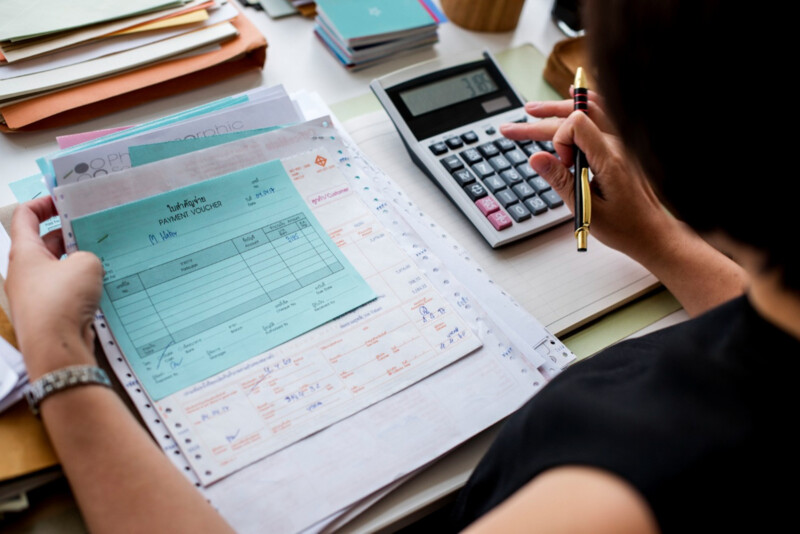À partir de 2024, l'obligation imminente de recevoir et d'émettre des factures électroniques sera complétée par une nouvelle exigence : la transmission des données de paiement. Mais quelles entreprises seront concernées par ces mesures ?
En ce qui concerne la facturation électronique, le compte à rebours a commencé il y a quelques années déjà. En effet, depuis 2020, les entreprises en relation avec l'État ou les collectivités doivent envoyer leurs factures de manière dématérialisée via une plateforme publique spécialement dédiée : Chorus Pro.
À partir de juillet 2024 pour les grandes entreprises, puis progressivement jusqu'en 2026 pour les autres, toutes les entités établies en France et assujetties à la TVA devront choisir entre Chorus Pro et une plateforme de dématérialisation privée certifiée (PDP) afin de transmettre leurs factures et/ou leurs données de transaction et de paiement.
Qui est tenu de transmettre ses données de paiement ?
Il existe deux types de transmission de données également appelés e-reporting.
- La transmission de données de transaction : il s'agit de transmettre à l'administration fiscale, par le biais d'une plateforme, un récapitulatif des opérations quotidiennes (anciennement appelé ticket Z) pour les commerçants qui ne sont pas tenus d'émettre des factures.
- La transmission de données de paiement : elle consiste à communiquer à l'administration fiscale, toujours via une plateforme, tous les montants encaissés, qu'ils soient partiels ou intégraux, en les répartissant selon les taux de TVA. Ce dispositif concerne les artisans qui réalisent des prestations de service en France comme à l'étranger, qu'ils émettent ou non des factures à d'autres professionnels ou à des non-assujettis. Il est important de rappeler que, généralement, la TVA sur les ventes de services est exigible au moment où l'entreprise encaisse un paiement.
Cependant, cette obligation est supprimée si l'entreprise opte pour le régime de TVA selon les débits (à l'exception des acomptes) ou si l'opération donne lieu à une auto-liquidation de la TVA.
Quelles données doivent être transmises ?
La liste des données à fournir est définie par décret. L'entreprise en sera informée par l'intermédiaire de sa plateforme.
On peut déjà anticiper que les principales données de paiement à transmettre seront les suivantes :
- la date d'encaissement,
- le montant encaissé de la prestation de service (les différents acomptes et le solde),
- les taux et les montants de TVA.
Aucune information sur les paiements aux fournisseurs ne sera requise.
L'e-reporting garantit que toutes les transactions sont transmises à l'administration de manière sécurisée et en temps voulu. Il est utilisé pour les opérations commerciales qui ne sont pas concernées par la facturation électronique. Le contenu varie en fonction de la nature de la transaction : B2C, B2B, livraison intra ou extra-communautaire.
En résumé, la transmission des données de transaction concerne principalement les entreprises vendant des produits aux particuliers, telles que les commerces de détail ou celles qui font affaire avec des opérateurs étrangers. La transmission des données de paiement concerne quant à elle les prestataires de services en relation avec des non-assujettis (particuliers, associations...) ou des entreprises étrangères.
